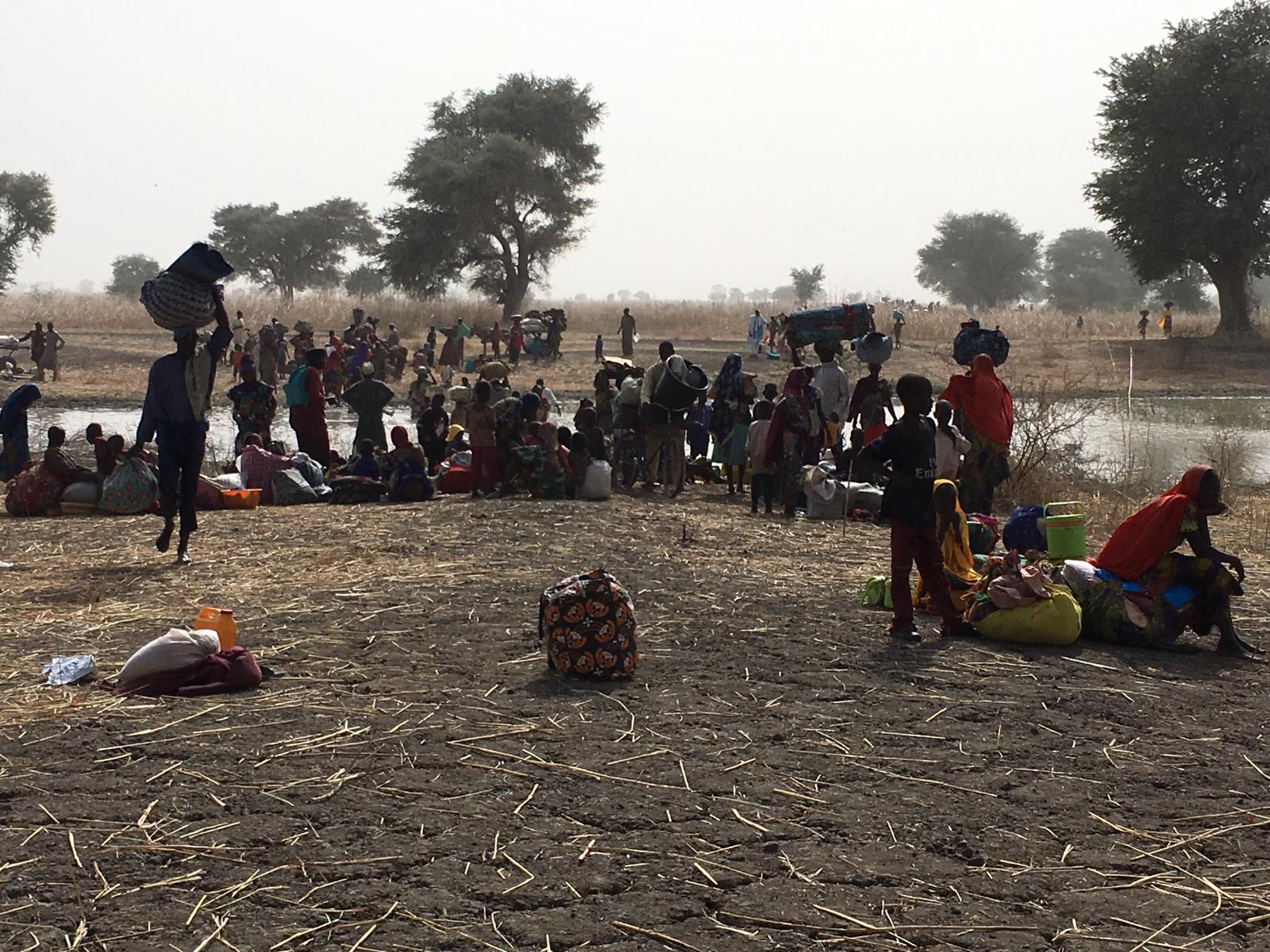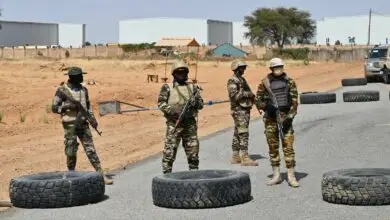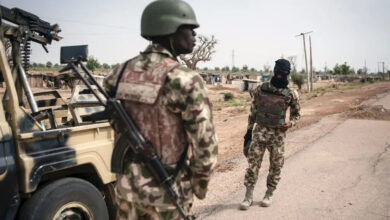Nearly 22,000 people, mostly children, are missing as a result of the Boko Haram insurgency in northeast Nigeria, the International Committee of the Red Cross said on Thursday, September 12.
The International Committee of the Red Cross said in a statement that the nearly 22,000 Nigerians constituted the highest number of missing persons registered with the organization in any country.
Some 60% of the total were minors at the time they went missing, meaning that thousands of parents do not know where their children are and if they are alive or dead, according to the Red Cross.
“Every parent’s worst nightmare is not knowing where their child is. This is the tragic reality for thousands of Nigerian parents, leaving them with the anguish of a constant search,” ICRC President Peter Maurer said at the end of a five-day visit to Nigeria.
“People have the right to know the fate of their loved ones, and more needs to be done to prevent families from being separated in the first place,” he said.
During the visit, Maurer met with Nigerian President Muhammadu Buhari, senior government officials, civil society and business leaders.
He also spoke with family members affected by conflict in the northeastern cities of Maiduguri and Monguno, many of whom have missing relatives.
The Red Cross said that some families were often separated while fleeing attacks, while others have had loved ones abducted or detained and do not know their whereabouts.
“The ICRC works with the Nigeria Red Cross and other Red Cross and Red Crescent societies in the region to trace missing people by showing photographs, calling out names and going door-to-door in camps and communities,” the statement said.
“So far, 367 cases have been solved since ICRC received its first cases in 2013, underscoring the immense challenges that come with finding missing people and reconnecting them with their families in Nigeria,” it said.
Nigerian army chief Lieutenant General Tukur Buratai said on Tuesday the military had done a lot in the war against the insurgents, but admitted that humanitarian efforts were being hampered.
“Large swathes of the northeast of the country remain completely inaccessible to humanitarian organizations. People have also been displaced by fighting many times, making them harder to find,” he added.
The U.S. assesses that Boko Haram and Islamic State West Africa Province have been responsible for more than 35,000 deaths since 2011. More than two million people have been displaced, sparking a dire humanitarian crisis in the region. In Monguno, internally displaced Nigerians outnumber residents nearly two to one, the ICRC said.
Boko Haram insurgency
The jihadist group known as Boko Haram began its bloody insurgency in northeastern Nigeria in 2009, but it has since spread into neighboring Niger, Chad and Cameroon, prompting a regional military response.
Boko Haram split into two factions in mid-2016. One, led by long-time leader Abubakar Shekau, is notorious for suicide bombings and indiscriminate killings of civilians. Shekau pledged allegiance to ISIS leader Abu Bakr Al-Baghdadi in March 2015, but ISIS central only gives formal backing to the other faction, which it calls Islamic State West Africa Province.
The ISWAP faction, which largely focuses on attacking military and government targets, was led by Abu Mus’ab Al-Barnawi, but in March, audio recordings revealed that ISIS appointed Abu Abdullah Idris bin Umar, also known as Ibn Umar al-Barnawi and Ba Idrisa, as leader. Despite releasing several videos featuring ISWAP since, ISIS has not yet made a public statement confirming the change.
On September 10, the United States added Ba Idrisa to its Specially Designated Global Terrorist list. The U.S. Treasury Department sanctions listing named him as Abu Abdullah Idris bin Umar Al-Barnawi and “Ba Idrisa” and said that he was born in Maiduguri between 1989 and 1994. The listing did not specify which faction he belongs to.
Nigeria repatriates 3 orphan children of ISIS adherents in northeast Syria
With reporting from AFP











2 Comments